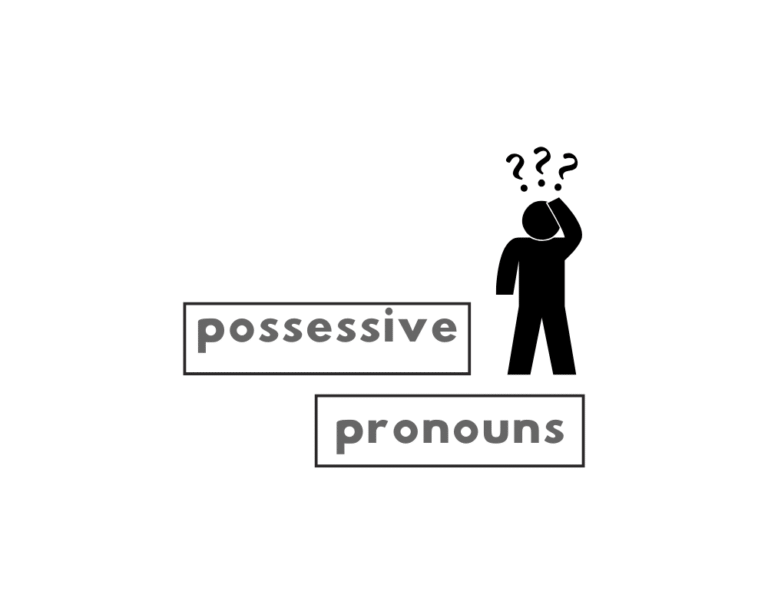When to use assent, ascent and accent
The differences between assent, ascent and accent:
The board gave their assent to the proposal.
The ascent of the mountain was challenging.
He gave his ascent to the plan.
The assent of the hill was steep.
Assent may be a noun or a verb: the former refers to an “official agreement to or approval of something”; the latter means “to agree to a request, an idea or a suggestion”.
Ascent is a noun (the verb form is ascend) that refers to “the act of climbing or moving up; a journey that goes up something”. For example, “the first ascent of Mount Everest” is the correct context.
An accent describes the way people pronounce words in different languages or regions in the world. As in, he has a strong southern Scottish accent.
|
There were murmurs of both assent and dissent from the crowd. |
|
The cart began its gradual ascent up the hill. |
|
It was a fine performance from Diaz, despite her poor Irish accent. |
“Assent” / “ascent”, used in sentences
| Examples: “assent” used in sentences |
|---|
| Nobody would assent to the terms they proposed. |
| Examples: “ascent” used in sentences |
|---|
| The cart began its gradual ascent up the hill. The rocket steepened its ascent. At the other side of the valley was a steep ascent to the top of the hill. |
Similar words
| Word | Synonyms |
|---|---|
| assent | acquiescence, concurrence, consent, acknowledgment |
| ascend (verb) | climb, elevate, move, soar, take off | ascent (noun) | ascendence, ascension, climb |
The difference between “assent” and “ascent,” associate “assent” with “agreement” (as in giving your assent to a proposal), and “ascent” with “ascending” (as in climbing a mountain).
Word origin (of assent/ascent)
|
c. 1300, “agree to, approve;” late 14c. “admit as true,” from Old French assentir “agree; get used to” (12c.), from Latin assentare/adsentare, frequentative of assentire “agree with, approve”. |
Read about other commonly confused words
Practice: Assent vs. ascend
The mountain climbers began their ______ to the summit at dawn.
The board gave its ______ to the new proposal.
Her rapid ______ through the company amazed everyone.
He nodded in ______ to show he agreed with the plan.
The hikers took a break during their ______ up the steep trail.
FAQs
What is the main difference assent and ascent?
+
Is assent always a noun?
+
When do you use ascent?
+
What does accent mean?
+
Can ascent mean agreement?
+
Yash, D. "Assent or Ascent (or Accent?)." Grammarflex, Jul 15, 2025, https://www.grammarflex.com/assent-or-ascent-or-accent/.











